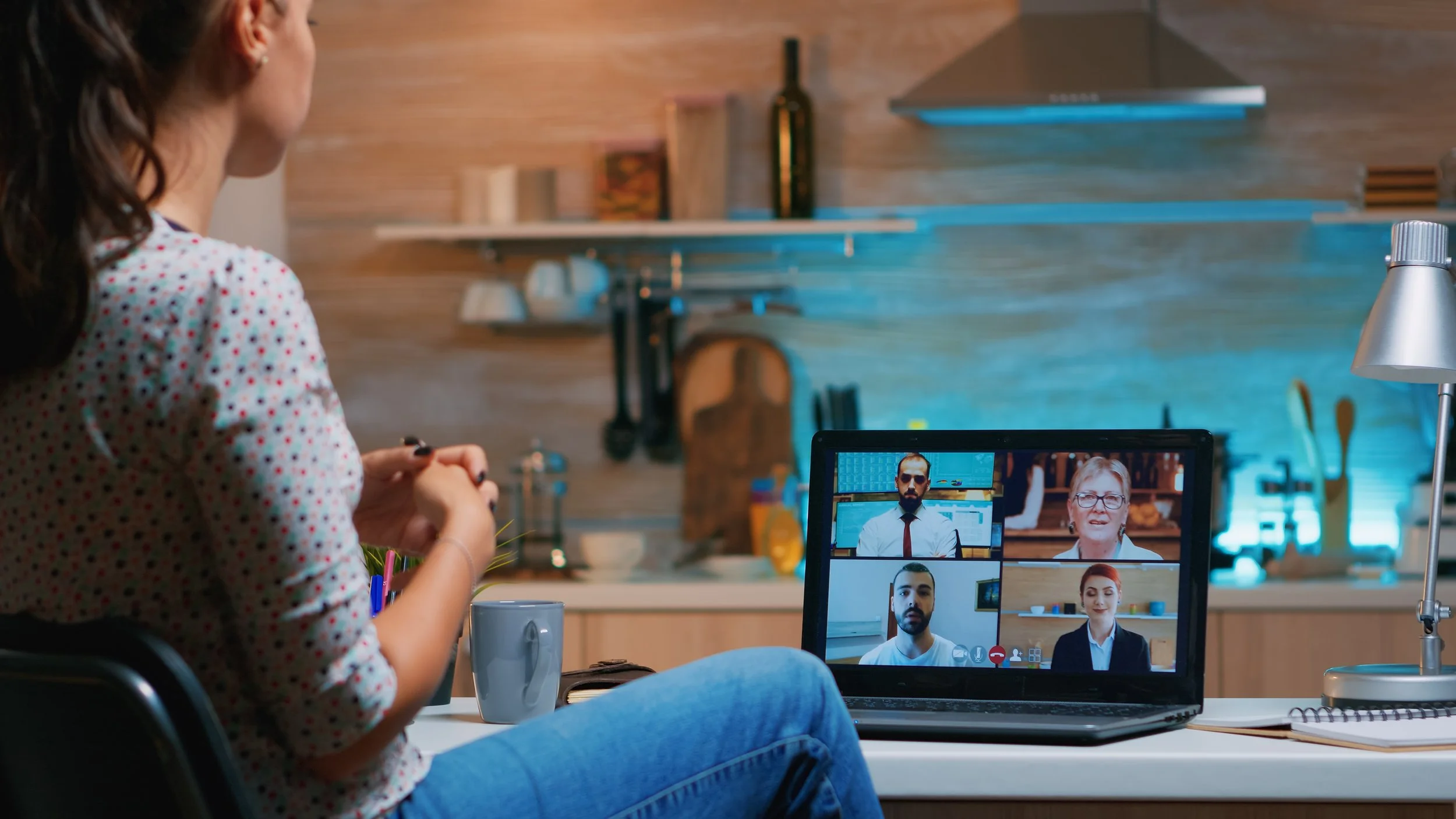What I Wish I'd Known About Prader-Willi Syndrome
The author, Gina D. Wagner (L) , with her brother, Alan (R)
By Gina DeMillo Wagner
When my older brother Alan was diagnosed with Prader-Willi Syndrome (PWS) in his 30s, it felt as if decades of loose puzzle pieces suddenly clicked into place. Finally, we had an explanation for the mysterious symptoms and behaviors he had exhibited most of his life: insatiable hunger, cognitive delays, sleep problems, slurred speech, skin picking, and violent mood swings, to name a few. There was a measure of relief in knowing the underlying cause, a genetic abnormality on Chromosome 15.
Before then, we understood that Alan lived with a complicated disability. I always sensed that his extreme hunger and violence weren’t in his control, but we had no context for it, no framework, no treatment plan, and no prognosis. He had been born breech in the 1970s with the umbilical cord wrapped around his neck. The doctors at the time informed my parents that he’d suffered brain damage. Any developmental delays or symptoms that followed were attributed to that. Genetic testing wasn’t offered back then. So, no one paused to consider that there might be more to the story.
I was Alan’s younger sister, but I also became his caregiver at a young age, after my parents divorced and my mother’s mental health declined. The lack of support and understanding of Alan’s condition left me feeling utterly alone and helpless. I knew that my brother needed more care than I could provide, better treatments for his symptoms, and patience and understanding from our community. I’m thankful for the doctor who finally recognized Alan’s symptoms and ordered genetic testing. But I wish it had happened sooner.
Sadly, Alan passed away suddenly at age 43. The cause is not 100 percent clear, though doctors believe he suffered an asthma attack that led to cardiac arrest. In the time since his passing, I’ve grieved not only the loss of my brother but also the loss of the possibility of a better life for him with better treatments for his Prader-Willi symptoms. It felt like we’d run out of time to provide him with all the support he deserved.
To honor my brother, I’ve made it my mission to share my experience as a sibling/caregiver and help connect others with information and resources about rare genetic conditions like PWS. In a way, I want to reach back in time and offer other people all the knowledge that I wish we’d had.
With that in mind, here are three things I wish I’d known about Prader-Willi Syndrome:
Prader-Willi Symptoms vary
While Alan displayed some of the hallmark symptoms of Prader-Willi (constant hunger, skin picking, sleepiness, and behavioral disorders), there are other characteristics (like short stature and small hands) that didn’t apply to him. PWS is diagnosed more now than it was when Alan and I were kids. And yet, many doctors still don’t recognize the signs. If you suspect a loved one might have Prader-Willi or another rare disease, talk to your doctor, see a specialist, and seek genetic testing.
2. Treatments for PWS can help
Had we known sooner that Alan had PWS, he might have been eligible for treatments based on current research and knowledge of the condition. While there’s no cure for PWS, advances have been made in treating many of the symptoms. Treatments that can improve the quality of life for the person with PWS and also for caregivers who struggle with how to support them and help manage their symptoms.
3. Social support for Prader-Willi syndrome is available
Growing up in the 1980s, there was so much stigma around disabilities, and families tended to be isolated without enough resources or emotional support. While awareness has grown over the years, many caregivers still don’t know where to go for information and encouragement. Here are a few organizations dedicated specifically to Prader-Willi that I wish I had known about sooner:
Prader-Willi Syndrome Association USA offers family support, advocacy, and awareness nationwide. They also have a healthcare provider directory on their website.
International Prader-Willi Syndrome Organization This organization connects people to information and resources around the world.
Prader-Willi California Foundation Though based in California, this organization offers everyone helpful articles and resources for people with PWS, their families and caregivers, and medical providers.
Another resource I recommend (that is not limited to PWS) is The Sibling Support Project. This is a nationwide program dedicated to the lifelong and ever-changing concerns of millions of brothers and sisters of people with special health, developmental, and mental health concerns. It offers support groups and resources for siblings of all ages, both in person and online. Siblings are frequently in a caregiver role and are often overlooked in the ecosystem of medical and emotional care. Having a community to lean on really helps.
Finally, if you know someone with Prader-Willi syndrome and want more information about clinical trials and treatments, you can utilize the Know Rare clinical trial finder tool.
Gina DeMillo Wagner is a professional writer based in Boulder, Colorado. Her work has appeared in The New York Times, Washington Post, Self, Outside, Modern Loss, Experience Life, and other publications. She's currently working on a memoir. You can follow her work on Instagram @ginadwagner
































